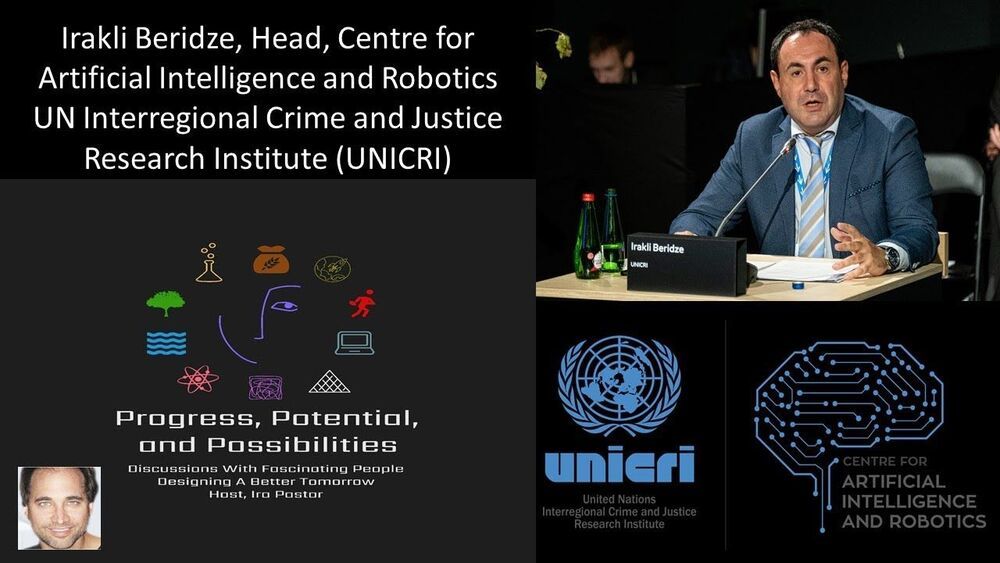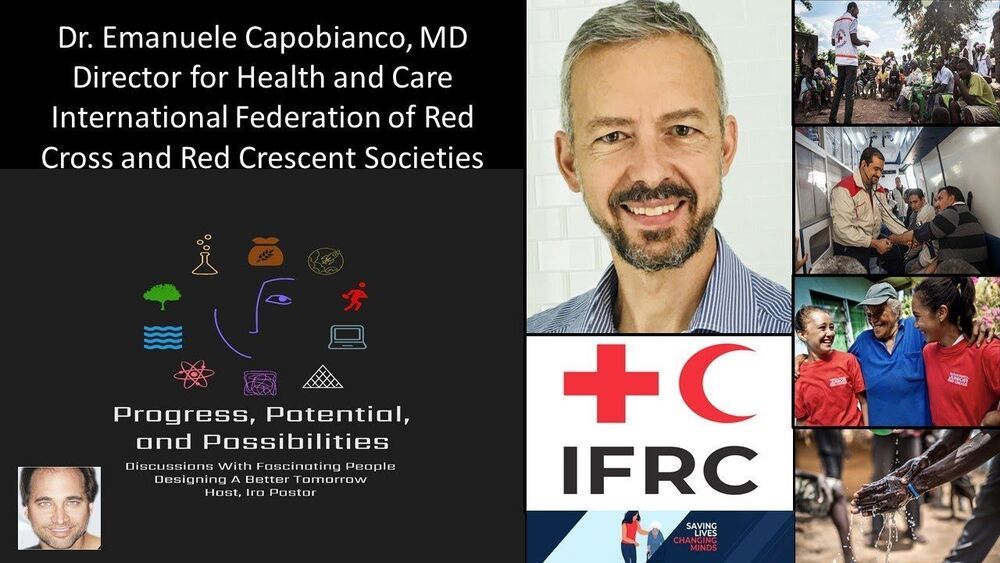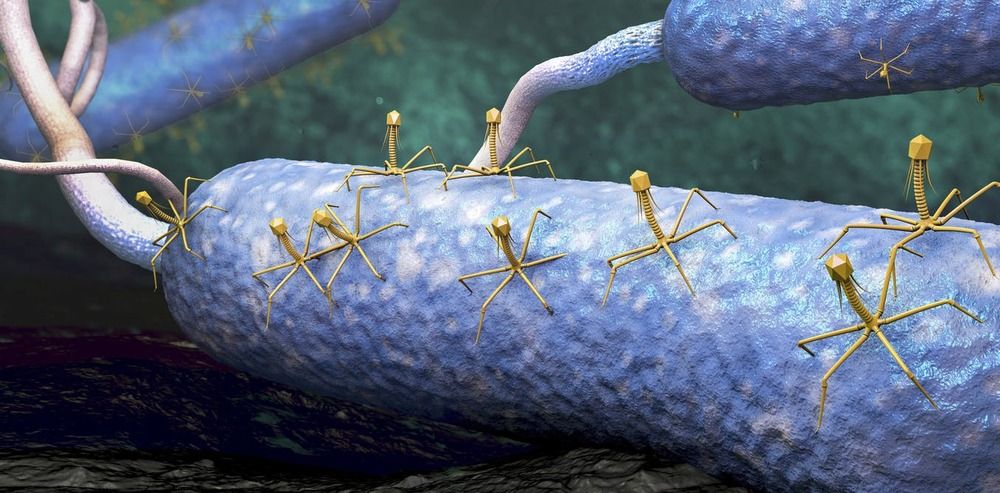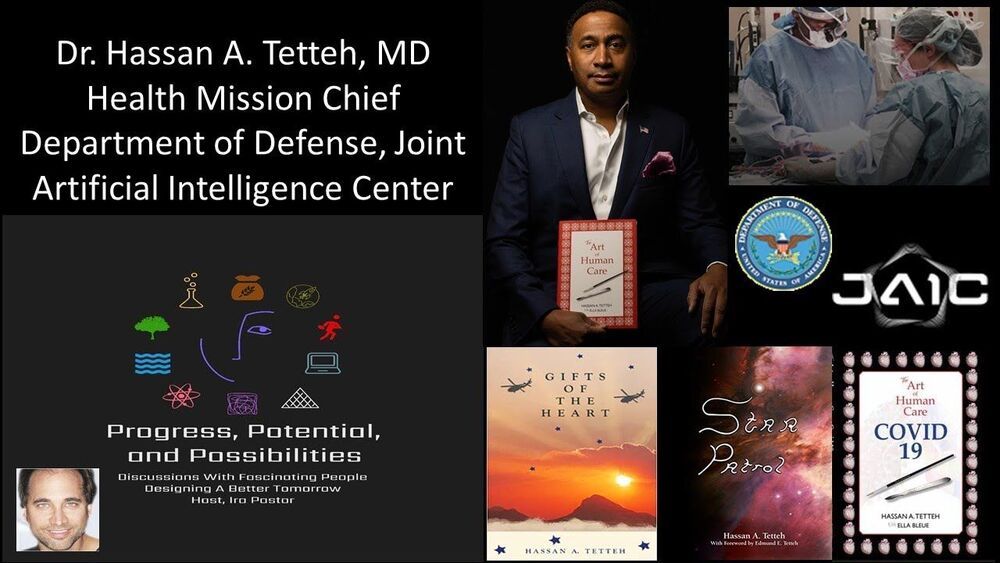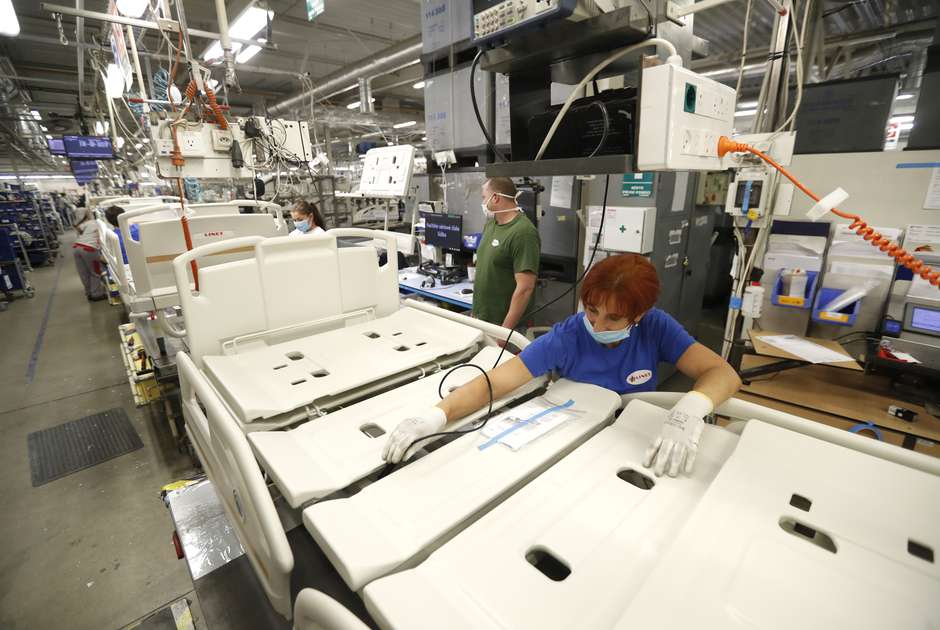AI And Robots For Law And Order — Irakli Beridze — Head, Artificial Intelligence and Robotics, UNICRI – United Nations Interregional Crime and Justice Research Institute.
Irakli Beridze is the Head of the Centre for Artificial Intelligence and Robotics at The United Nations Interregional Crime and Justice Research Institute (UNICRI).
With a Master’s Degree in International Relations and National Security Studies, and a law degree, Mr. Beridze has more than 20 years of experience in leading multilateral negotiations, developing stakeholder engagement programs with governments, UN agencies, international organizations, private industry and corporations, think tanks, civil society, foundations, academia, and other partners on an international level.
Mr. Beridze advises governments and international organizations on numerous issues related to international security, scientific and technological developments, emerging technologies, innovation and disruptive potential of new technologies, particularly on the issue on crime prevention, criminal justice and security, and is now actively focused on supporting government’s worldwide on the strategies, action plans, roadmaps and policy papers on Artificial Intelligence.
Since 2014, Mr. Beridze has initiated and managed one of the first United Nations Programs on AI, initiating and organizing a number of high-level events at the United Nations General Assembly, and other international organizations, finding synergies with traditional threats and risks, as well as identifying solutions that AI can contribute to the achievement of the United Nations Sustainable Development Goals.
Mr. Beridze is a member of various international task forces, including the World Economic Forum’s Global Artificial Intelligence Council, the UN High-level panel for digital cooperation, and the High-Level Expert Group on Artificial Intelligence of the European Commission.
He frequently lectures and speaks on subjects related to technological development, exponential technologies, artificial intelligence and robotics and international security, has numerous publications in international journals and magazines and is frequently quoted in the media on the issues related to AI.
Mr. Beridze is an International Gender Champion supporting the IGC Panel Parity Pledge.
